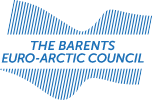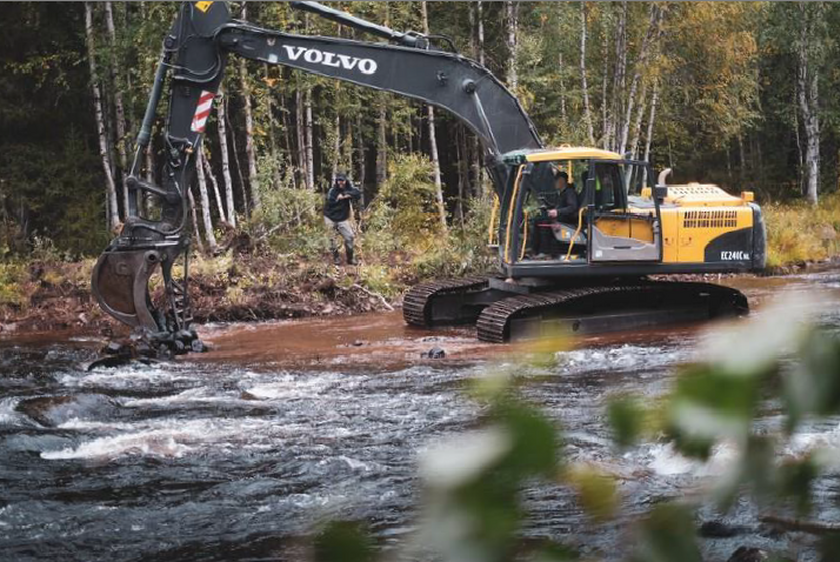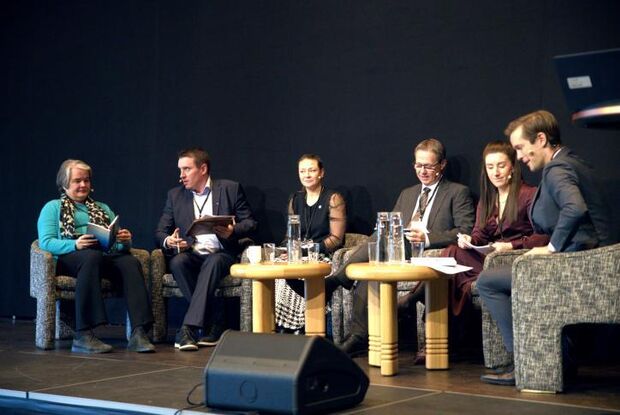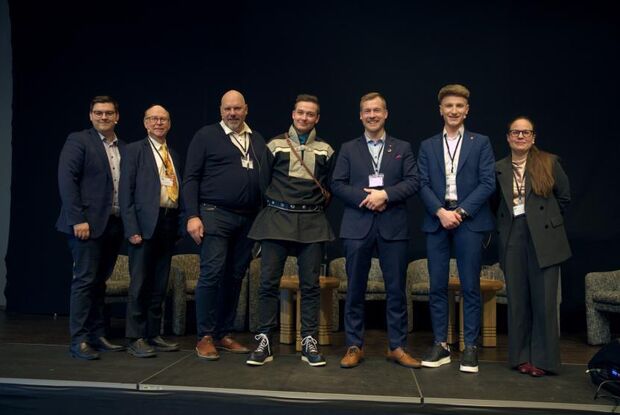The webinar was arranged as part of Finland’s Biodiversity Initiative, which aims to support the goals of the United Nations Convention on Biological Diversity (CBD) by encouraging stakeholders to pursue voluntary biodiversity commitments, with a particular focus on freshwater ecosystems.
The goal of the webinar was to link regional and local activities with global work on biodiversity. The webinar also showcased projects and activities that have taken part in the Barents Biodiversity Initiative and provided technical training on the use of the Voluntary Commitments database (CBD Action Agenda portal). The line-up consisted of Ambassador Jari Vilén from the Ministry for Foreign Affairs of Finland, Catalina Santamaria and Ulrika Nilsson from the CBD Secretariat, and Henna Haapala from the Ministry of the Environment of Finland and Chair of the BEAC Working Group on Environment. Presenters all agreed that the Barents region is a particularly unique environment, but one that is highly threatened in terms of biodiversity loss. Yet, at the same time, the region and its people offer a critical opportunity for integrating local actions with global goals. The contributions of local communities will be critical to the successful implementation of international policy.









